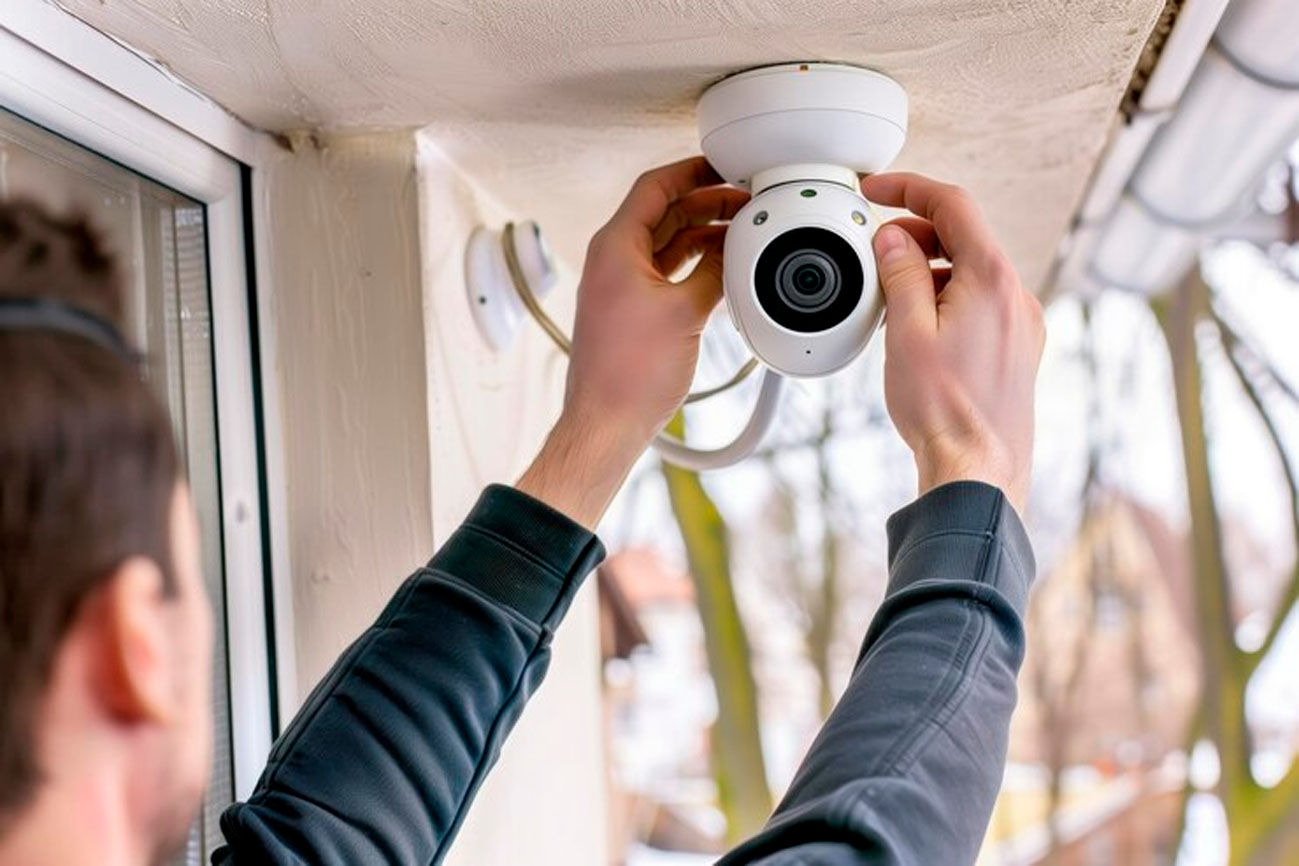How to Choose the Right Security Camera System for Your Home

Having a security camera system can make a significant difference in enhancing home safety and security.
Today, the sheer variety of security camera systems available can be overwhelming, but making the right choice hinges on several key factors. Homeowners considering investing in a security camera system must evaluate their needs, home environment, and available technology. Here's your ultimate guide on how to choose the perfect security camera system for your home.
Determining Your Security Needs
Before browsing countless options, take a moment to assess your security needs. Are you looking to monitor an expansive outdoor area, a small room, or your home's perimeter? Will the cameras primarily deter potential intruders, or do you need crystal-clear footage to identify individuals? Consider the following pointers to clarify your needs:
-
Outdoor or Indoor Use: Decide where you want to place the cameras. Outdoor cameras are weatherproof and generally have a wider field of vision to monitor larger areas. Indoor cameras are often more discreet and designed for close-range monitoring.
-
Visibility: A visible camera can serve as a strong deterrent, while hidden cameras may catch more suspicious activity that is less likely to be stopped.
-
Lighting Conditions: Cameras vary in their ability to capture footage in low-light or no-light conditions. Consider a camera with infrared or night vision capabilities if you deal with areas without consistent lighting.
Technology and Features
Security camera systems come with myriad features that can enhance the effectiveness of your surveillance. Here are some technology aspects to keep in mind:
-
Resolution: The higher the resolution, the clearer the image. Consider cameras that offer at least 1080p resolution or even 4k if you need ultra-high-definition footage.
-
Field of View: Determine the angle you need your camera to cover. A wider field of view allows a single camera to monitor more space.
-
Storage and Retention: Footage is often stored in the cloud or on a local device. Cloud storage is convenient and secure, while local storage puts you in control but may risk footage loss if the device is compromised.
-
Remote Access: Many modern systems offer mobile apps allowing you to monitor your cameras from anywhere, anytime.
Ease of Installation and Use
Consider the practicality of installing and operating your system. You'll want a straightforward setup process and a user-friendly interface if you're not tech-savvy. Keep these in mind:
-
Wireless vs. Wired Systems: Wireless systems are simpler to install and offer more flexibility, but wired systems can offer more reliability and are preferable for larger homes where wireless signals may not reach.
-
Professional Installation: Homeowners can install some systems, while others may require professional setup. Decide what level of expertise you're comfortable with.
-
Compatibility: If you have other smart home devices, ensure your security camera system is compatible with the rest of your technology ecosystem.
Budget Considerations
Your budget will ultimately have a major impact on the decisions you make. It’s important to find a system that fits your financial footprint without compromising the quality and functionality you need. Remember to factor in costs associated with additional features like cloud storage subscriptions and add-on equipment.
Before making any purchase, be sure to read reviews and check for any special offers that could make your investment even more worthwhile. With this guide and a clear understanding of your security needs, you can choose the right security camera system to protect your home. Remember, your family's safety and peace of mind are well worth the investment.
